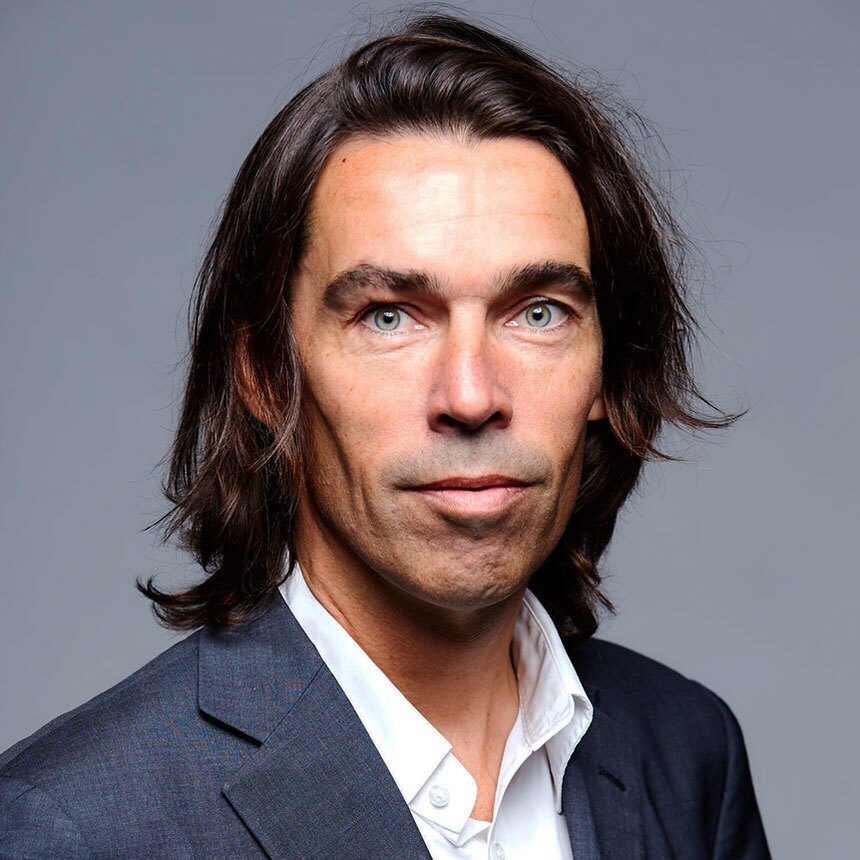VIENNA — The European hotel industry has dealt with all manner of challenges in the last five years, but it remains a market in which hoteliers need to employ all their experience to survive and hope to thrive.
Providing what it is the guest wants must be at the top of hoteliers’ agendas, according to panelists who spoke during the Hotel Investment Conference, Central and Eastern Europe, better known as HOTCO.
Dimitris Manikis, president of Europe, the Middle East and Africa at Wyndham Hotels & Resorts, said what's important is staying relevant. He added that each market comes with its own set of challenges.
“If people ask me if I have a five-year plan, I reply: ‘I am happy if I have a five-day plan given the geopolitical challenges,’” Manikis said.
Arno Schwalie, CEO of Germany-based Lindner Hotels & Resorts, said European hotel operators are squeezed between the booking engines and the hotel real estate, which he said has “had a party for the last 10 years, but that is over.”
“My game plan is to look at the margin I need to keep the business afloat,” he said.
Beyond the hotel industry, the stress of inflation and a slowing economy is weighing on certain markets. In mid-February, the United Kingdom's Office of National Statistics confirmed the nation's GDP declined in two consecutive quarters, which is technically considered a recession.
“Business is back, but the entire economic system is not always instilling the right levels of confidence,” said Otmar Michaeler, CEO at Austria-based Falkensteiner Hotels & Residences.
The economic climate could also lead to consolidation in Europe's hotel industry.
“We’re no different from any of the other industries,” Manikis said. “I think you will see the larger white-label operators buying up smaller ones, and we will see more branded-hotel firms launching more brands.
“There will be more franchises than [hotel management agreements], and you will see more new players. Also, you will see a lot of U.S. companies seeking new markets, because where can they go next?”
Local hoteliers know their markets best, so it's beneficial to everyone if they take responsibility for curating the stories of their markets and destinations, Schwalie said.
“Let’s be the best at doing that,” he said.
Manikis said guests’ concerns about economic and geopolitical matters is constraining hotel demand.
“Travel agencies are coming back and being sold, and the reason for this is that people are scared,” he said.
He added technology and industry partnerships have the capability of improving the human touchpoints in the industry.
“Use tech. Explore it. Use it with purpose, but do not use it as your cornerstone,” Manikis said.
Marcus Smola, CEO of Central Europe for BWH Hotels, said hotel companies must strike the right balance between technology adoption and personalized service from staff members.
“Not every guest wants tech,” he said.
Manikis said the industry often talks about tech without really knowing what it means.
“I might have different ideas than the 35-year-olds leading my technology-implementation team. Define what it is you are taking about,” he added.
Schwalie said Lindner had a great deal to learn.
“We always knew we would need a technology partner. It would have been impossible by ourselves. This is why we partnered in Dec. 2022 with Hyatt Hotels Corporation,” he said.
Staffing Problems
On the labor front, the hotel industry has work to do to get more out of its line-level employees, Schwalie said.
“The right staff derives initially from knowing the culture of the company, and I think the biggest challenge is that mid-management is not up to the level we need it to be. It lacks on culture, behavior and skills, and, of course, that starts above them,” Schwalie said.
BWH’s Smola said staff still are not treated with the same priority, attention and care as the industry chooses to treat guests. But that strategy is often easier to employ at urban hotels than at resorts, panelists said.
Making a good first impression on young employees is paramount, Manikis said.
“A good number of hotel-school graduates do not stay in the industry, and the reason they do not is that they have had a bad experience in their first year,” Manikis said. “Talk about technology less, because who is going to work in an industry where all the talk is how much and quickly tech is going to take over staff jobs.”


